After storms and floods, people face the risk of many diseases breaking out and spreading widely. Local health agencies and each person need to take proactive measures to prevent this by cleaning their homes, cleaning the environment, and following food safety principles.
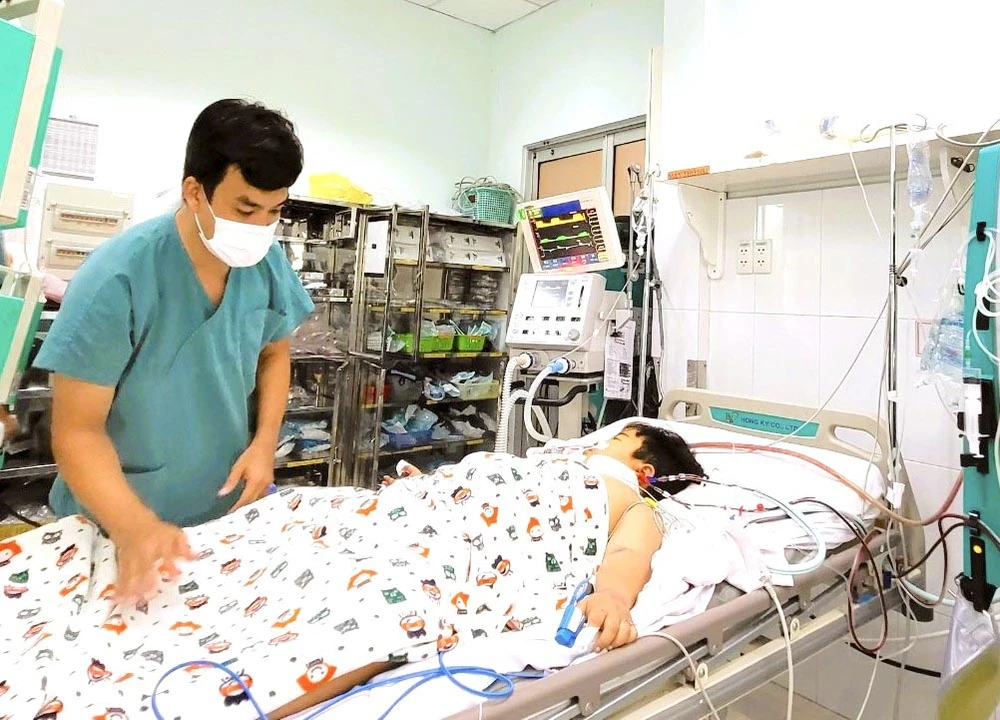
Risk of disease due to pollution and lack of clean water
In recent days, search and rescue work has been carried out urgently in localities affected by storm No. 3. Along with overcoming the consequences of storms and floods, the health of people in the area also needs attention. According to Dr. Huynh Thi Bich Lieu, Deputy Head of the Ophthalmology Department, Le Van Thinh Hospital (HCMC), humid living environments, flooded houses, and stagnant waste pose a risk of causing eye diseases, digestive diseases, and skin diseases. In addition, due to inadequate diet, colds, and prolonged lack of sleep, many people lack resistance. Most worryingly, the lack of clean water for drinking and daily activities is directly affecting people's health.
“Viruses, bacteria, and fungi will multiply and spread very quickly after floods. In particular, pink eye (viral conjunctivitis) can break out in areas lacking clean water due to its rapid spread,” said Dr. Huynh Thi Bich Lieu. Therefore, people in flooded areas need to quickly clean their houses, dispose of waste around the house, and clean their eyes daily using saline (eye and nose drops). Dr. Huynh Thi Bich Lieu suggested that, in addition to supporting food, organizations should supplement common medicines, eye drops, cleaning solutions, etc. for people in flooded areas.
Dr. Vo Hong Minh Cong, Deputy Director of Gia Dinh People's Hospital, warned that after the dangers caused by storms and floods, people may have to face diseases of the digestive tract, respiratory tract, skin fungus, parasitic diseases, dengue fever, etc. In particular, digestive tract diseases (diarrhea, cholera, dysentery, typhoid) are at risk of outbreaks due to bacteria, viruses, and parasites transmitted through polluted water from mud and waste. Patients experience symptoms of abdominal pain, diarrhea, fever, dehydration, and fatigue. At the same time, people can be infected with some diseases caused by parasites and worms through eating and drinking due to the severe lack of clean water.
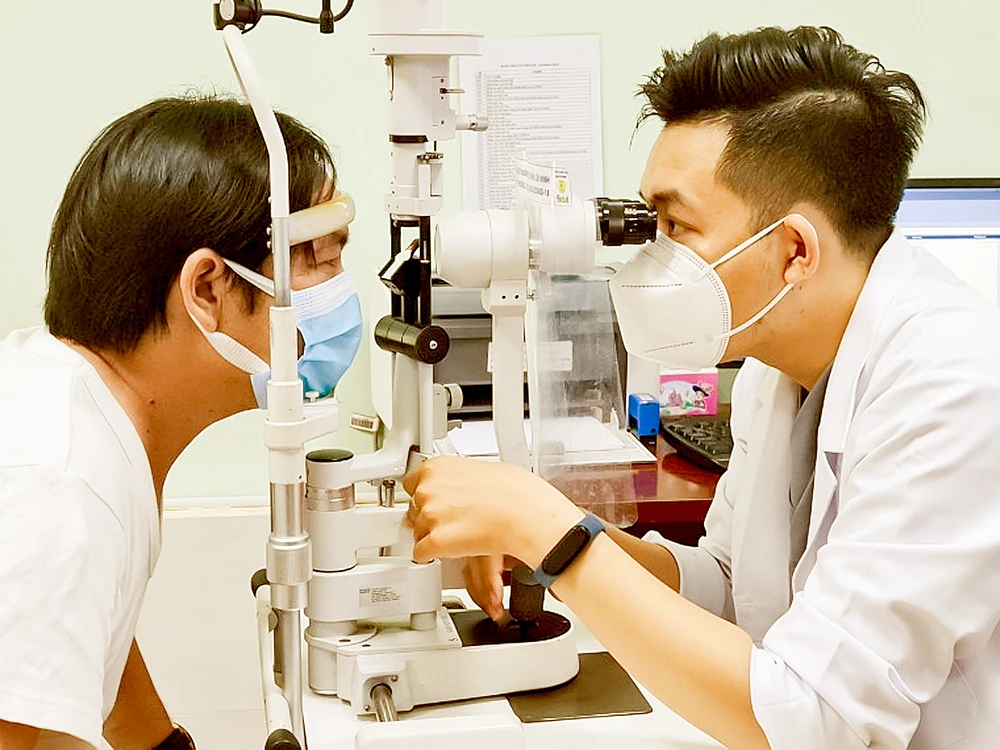
In addition, respiratory tract infections (pneumonia, bronchitis, pharyngitis) are very likely to occur due to cold weather with symptoms of cough, sore throat, fever, shortness of breath, chest pain. This risk is even greater for children and the elderly due to poor resistance. Skin diseases also arise easily due to contact with pathogens in dirty water and mud. Therefore, in the process of cleaning the house after the flood, people need to limit soaking in water for too long, keep the body warm, wear masks, keep the house airy to limit the growth of mold and bacteria.
Dr. Vo Hong Minh Cong emphasized that dengue fever is a major risk that can occur due to Aedes mosquitoes breeding in stagnant water after floods. People with dengue fever often have sudden high fever, muscle pain, and joint pain. If the disease progresses severely without timely treatment, it will be life-threatening.
Proactively control disease risk
According to Dr. Nguyen Minh Tien, Deputy Director of the City Children's Hospital, lack of clean water is a common difficulty for people in flooded areas, while this is an essential daily need. Dr. Nguyen Minh Tien recommends that people absolutely do not use water in flooded areas for eating, drinking, brushing teeth, washing dishes... to avoid bacteria from entering and causing disease. Use clean water transported from other places or filter water according to the instructions of local health authorities, boil before drinking. Preventive measures that need to be taken urgently to control the risk of disease after floods include: cleaning the house, handling waste, animal carcasses, mud; washing hands with soap daily; not letting water stagnate around the house, improving resistance, taking good care of the elderly and children.
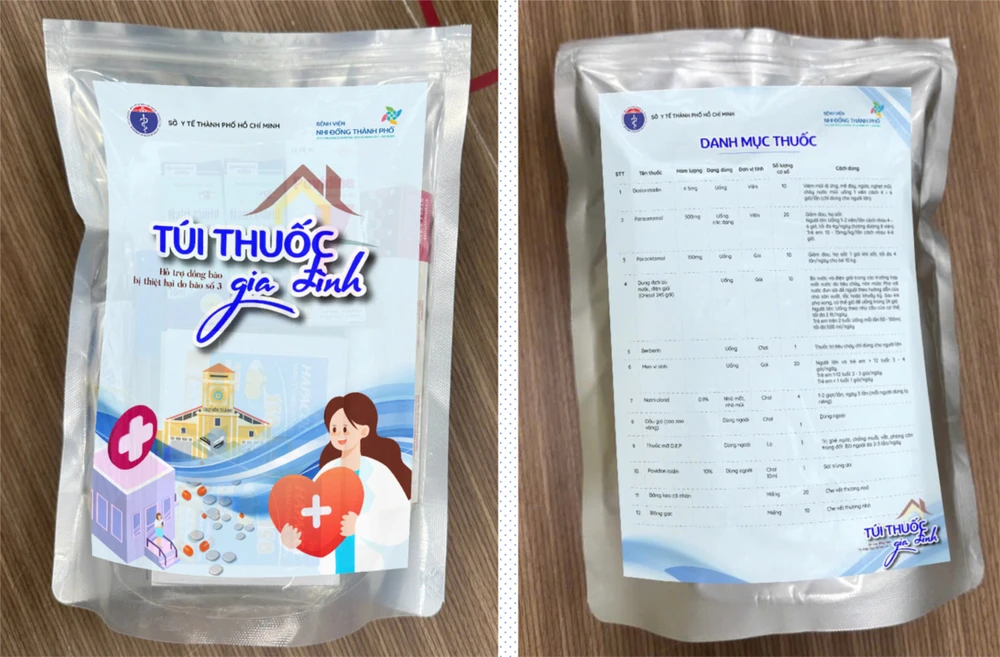
On September 12, Deputy Minister of Health Nguyen Thi Lien Huong signed a document directing localities to proactively prepare plans and measures to prevent and control epidemics immediately after heavy rains and floods. The Ministry of Health requested localities to review and assess the risk of epidemics in areas affected by heavy rains and floods, especially areas affected by floods, landslides, flash floods, and landslides. Localities should monitor, promptly detect, and thoroughly handle outbreaks of infectious diseases such as diarrhea, pink eye, respiratory infections, athlete's foot, flu, dengue fever, and diseases transmitted through the digestive tract. At the same time, ensure adequate reserves and supply of clean water in affected areas; check and monitor the quality of clean water for daily use, provide enough chemicals and disinfectants; instruct people on water treatment measures, organize environmental sanitation, collect and dispose of animal carcasses, etc.
The United Nations Children's Fund in Viet Nam (UNICEF Viet Nam) has urgently transported 80,000 water purification tablets to the Thai Nguyen Provincial Center for Disease Control and 4,000 liters of water to Lao Cai Provincial Hospital to ensure drinking water for 800 people. At the same time, it will continue to provide water purification tablets, water tanks, ceramic filters, hand sanitizers and soap to local authorities for distribution to households, schools and medical facilities in Yen Bai and Lao Cai provinces.
TRANSPORTATION
Source: https://www.sggp.org.vn/chu-dong-phong-benh-sau-bao-lu-post758830.html






![[Photo] Visiting Cu Chi Tunnels - a heroic underground feat](https://vstatic.vietnam.vn/vietnam/resource/IMAGE/2025/4/8/06cb489403514b878768dd7262daba0b)



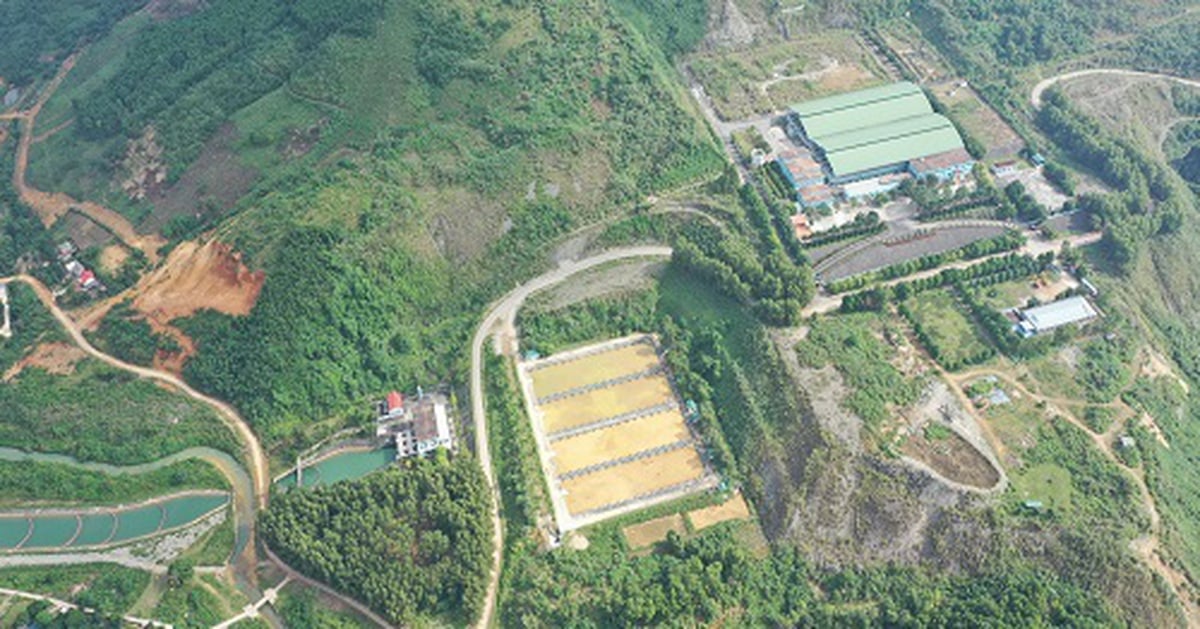



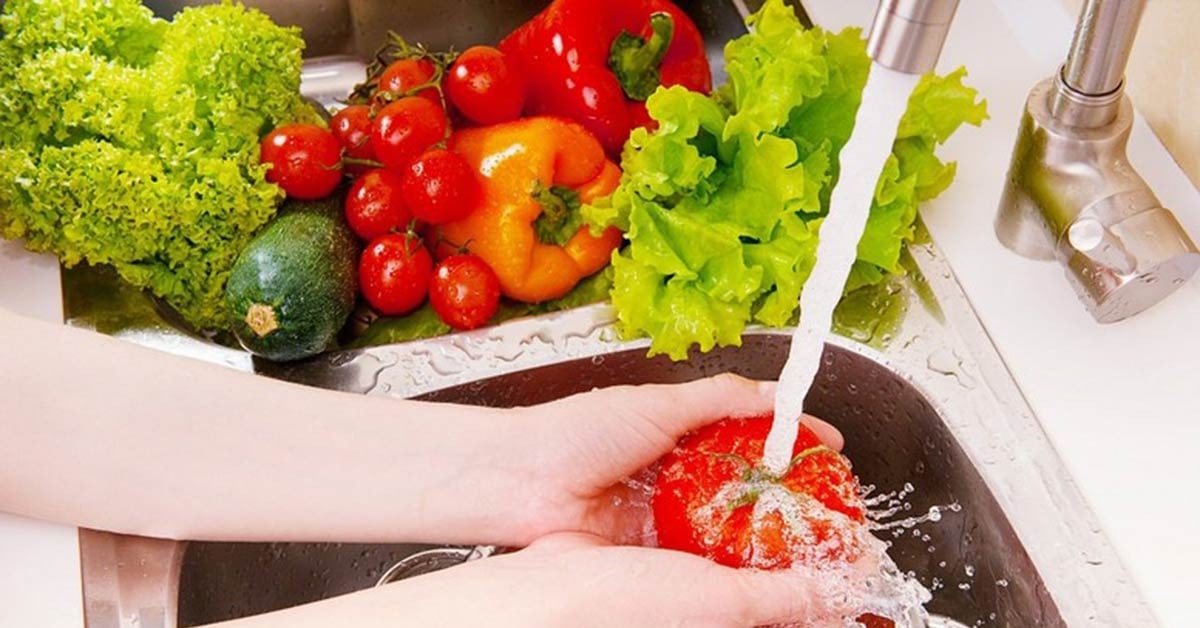

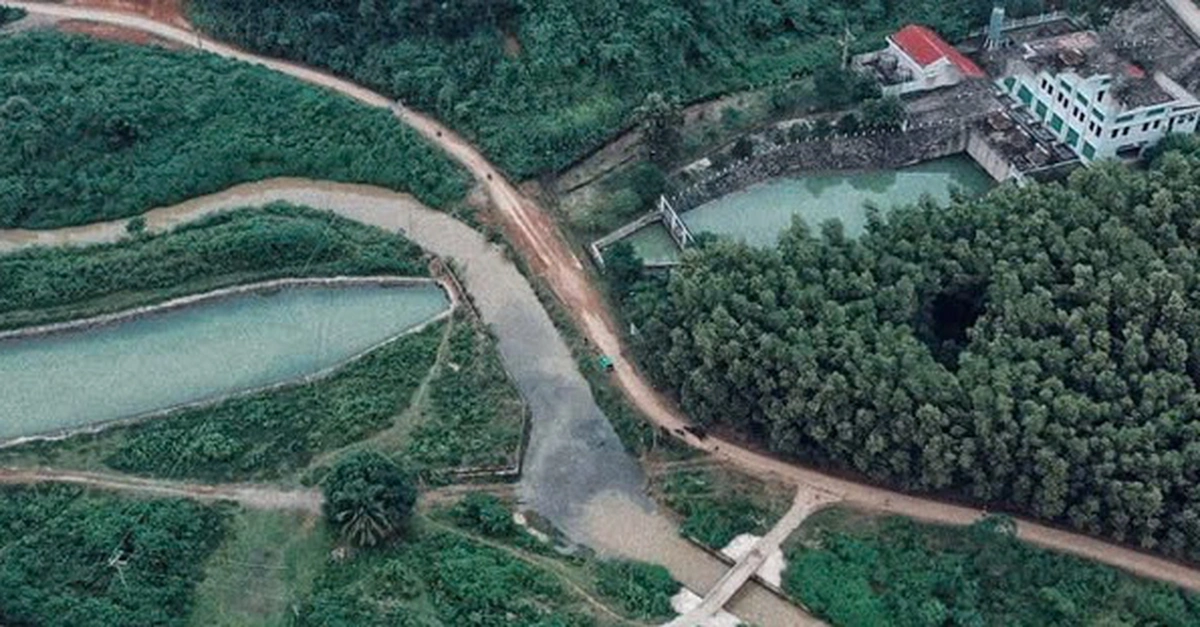



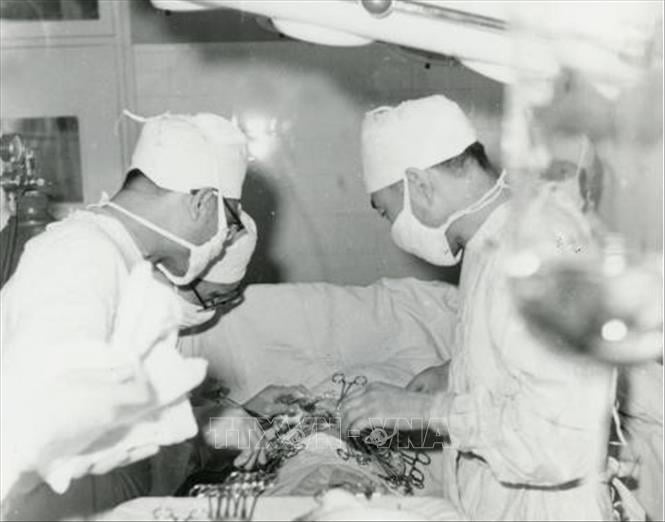
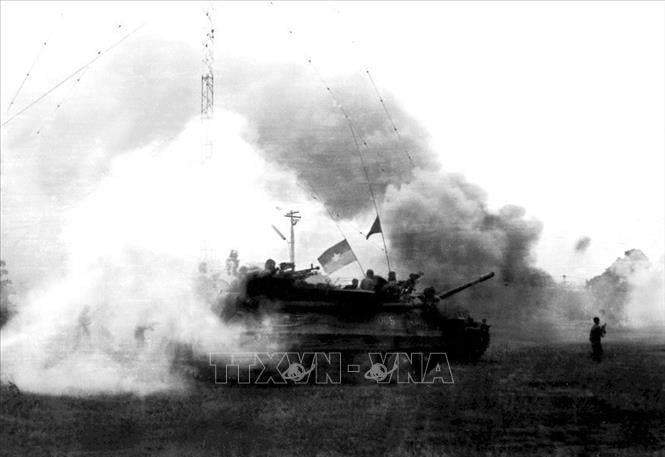
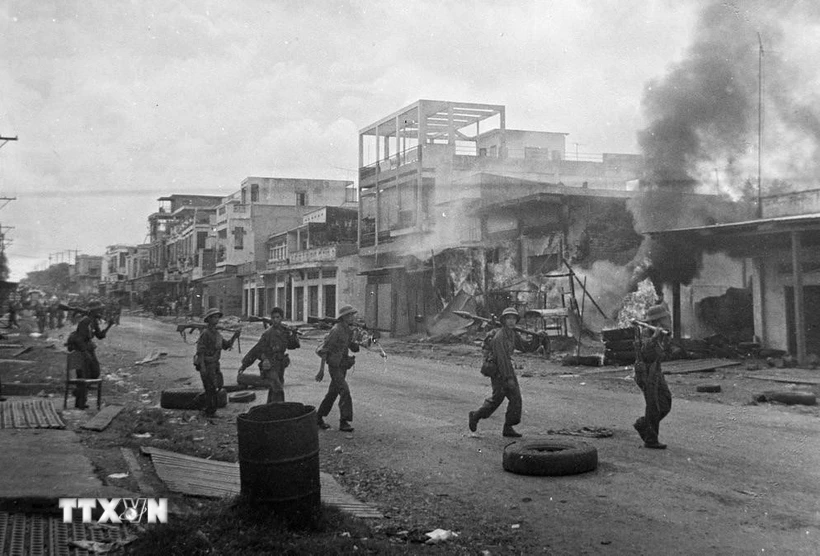





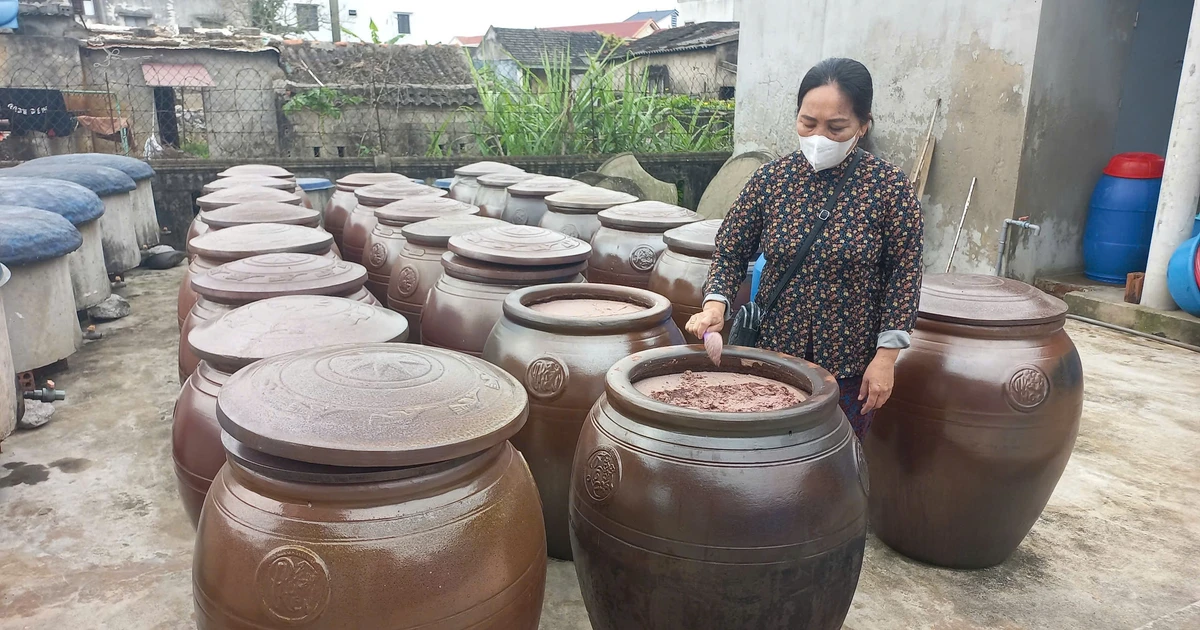

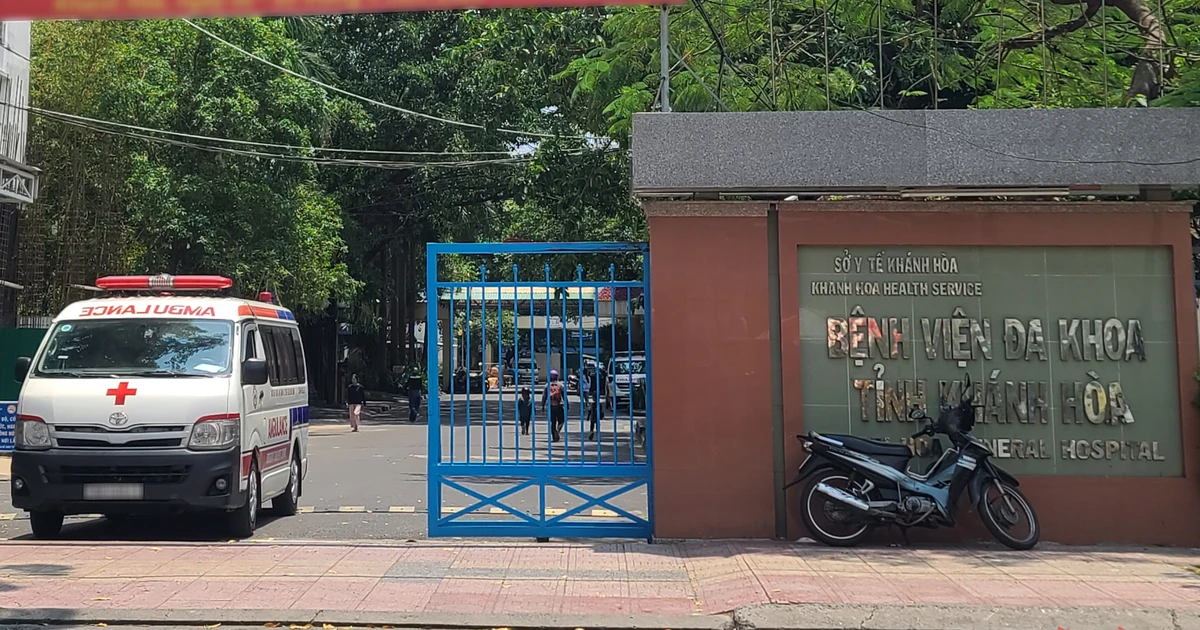












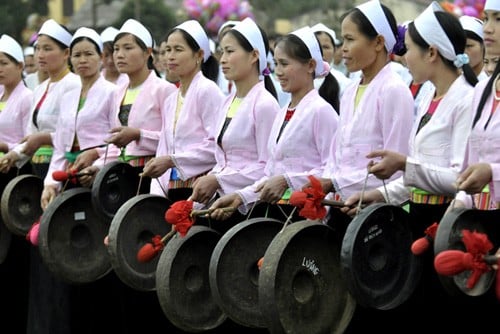

































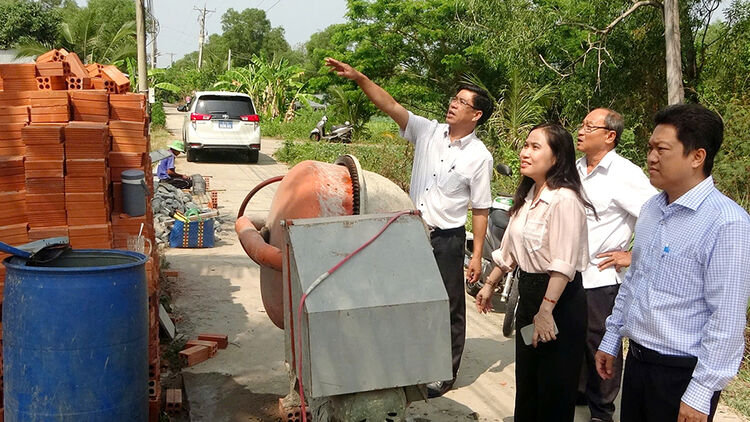
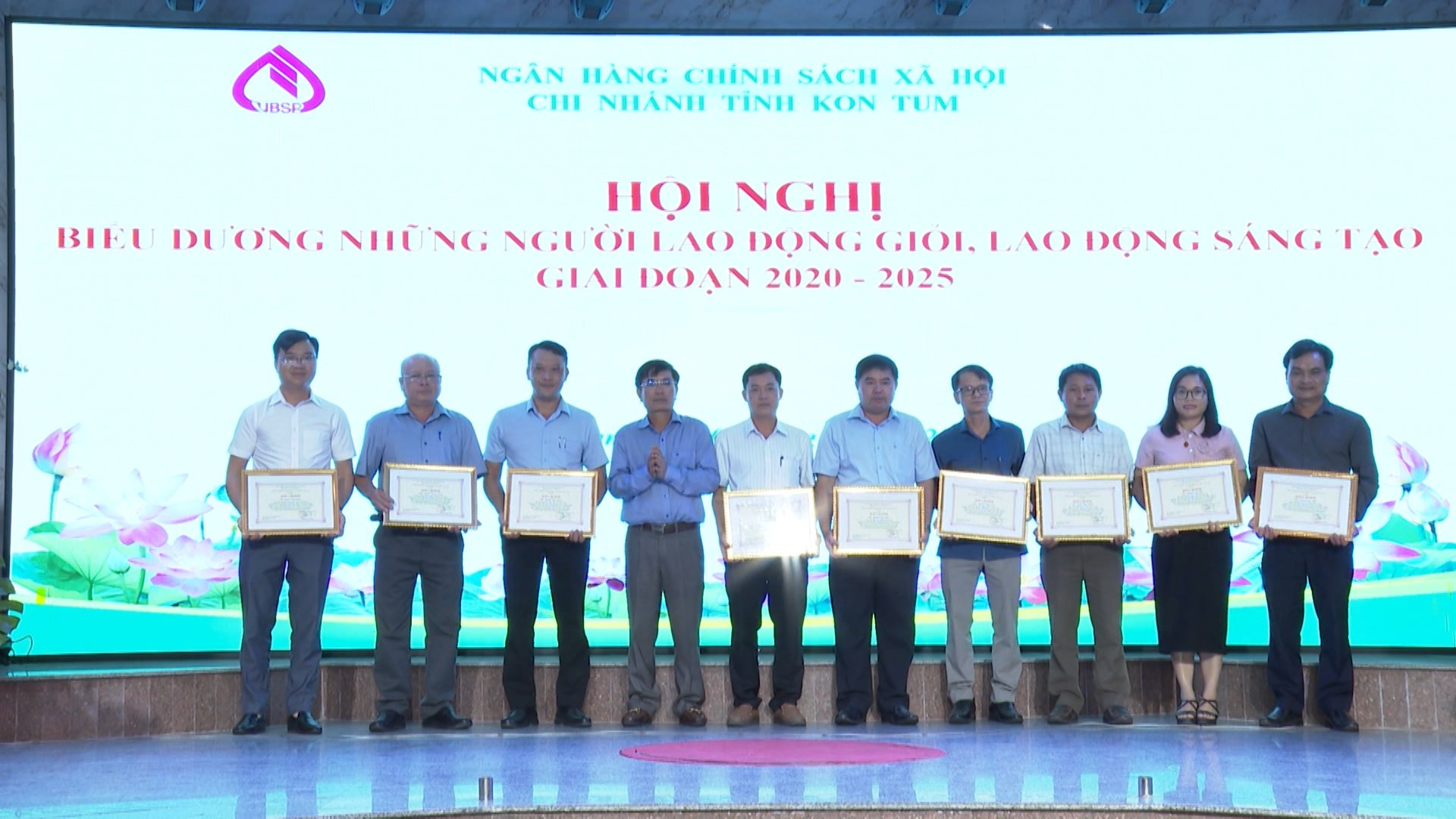

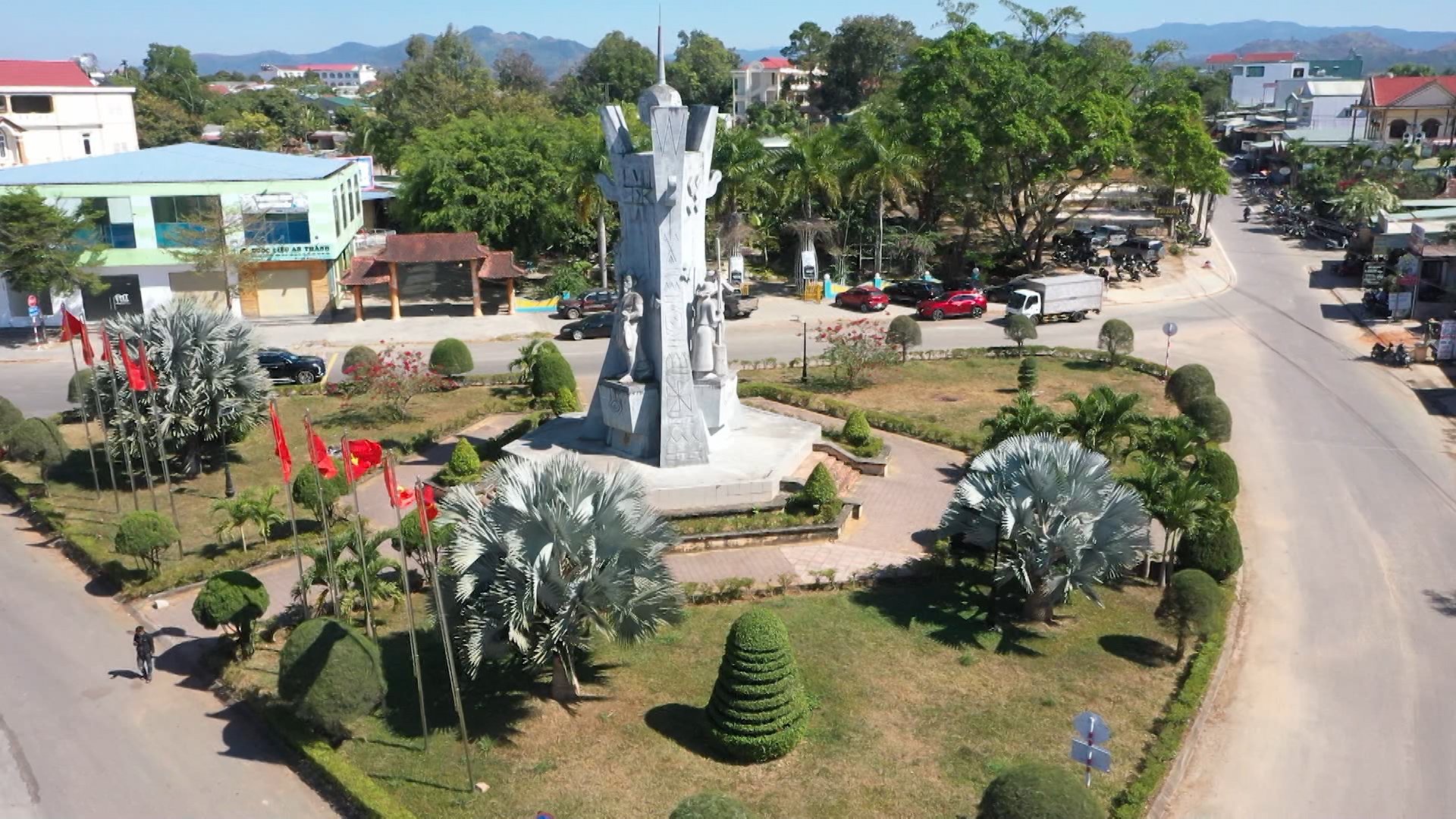

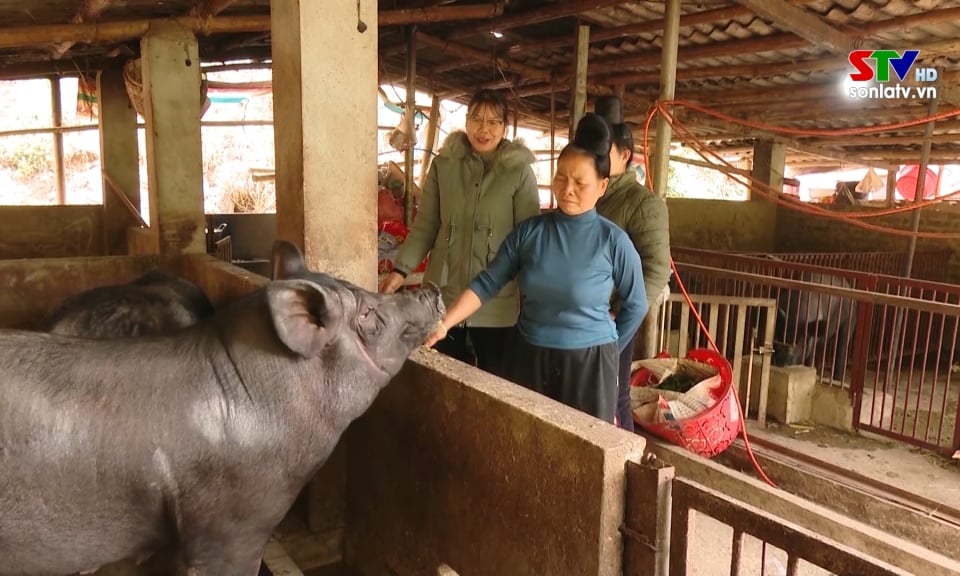










Comment (0)